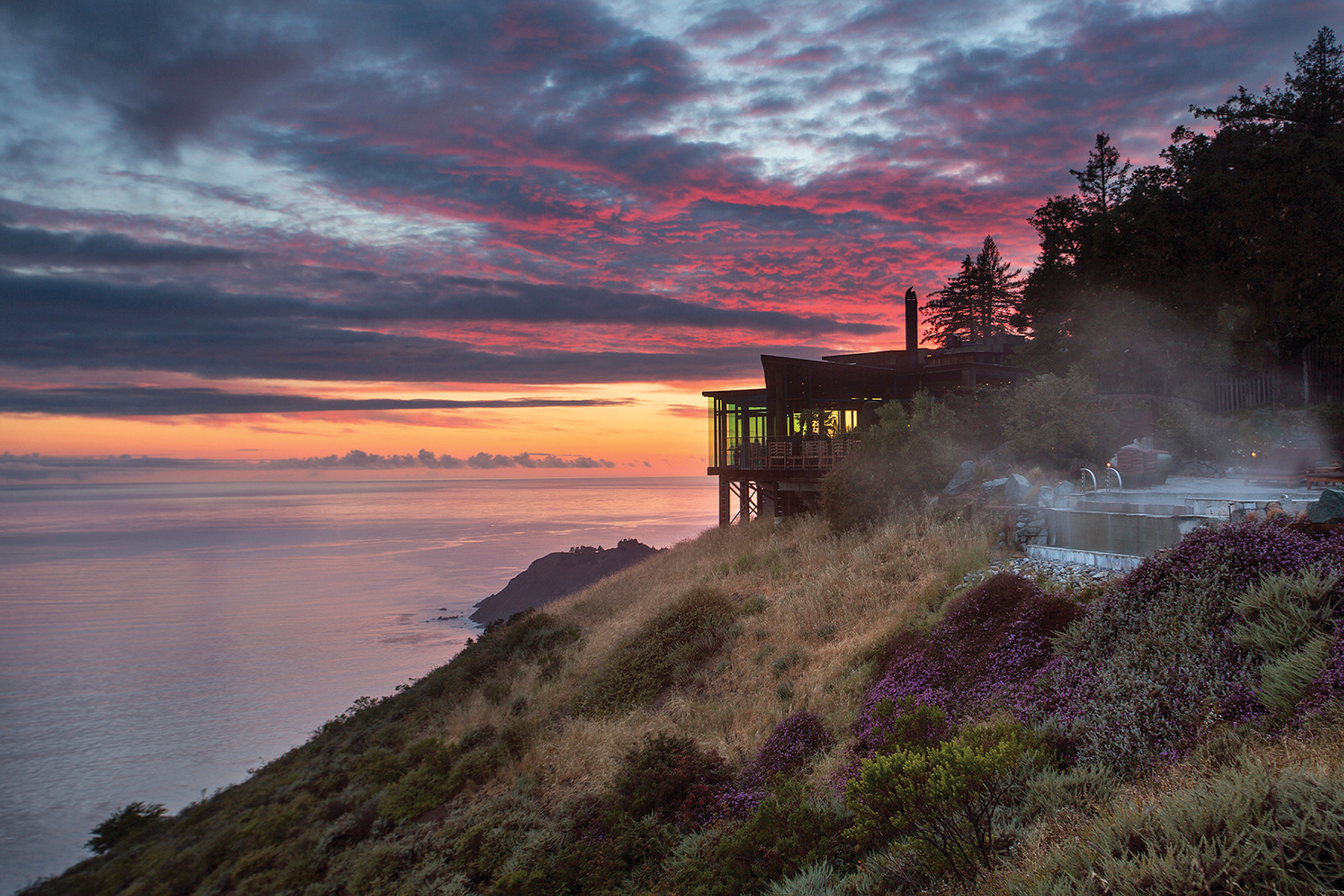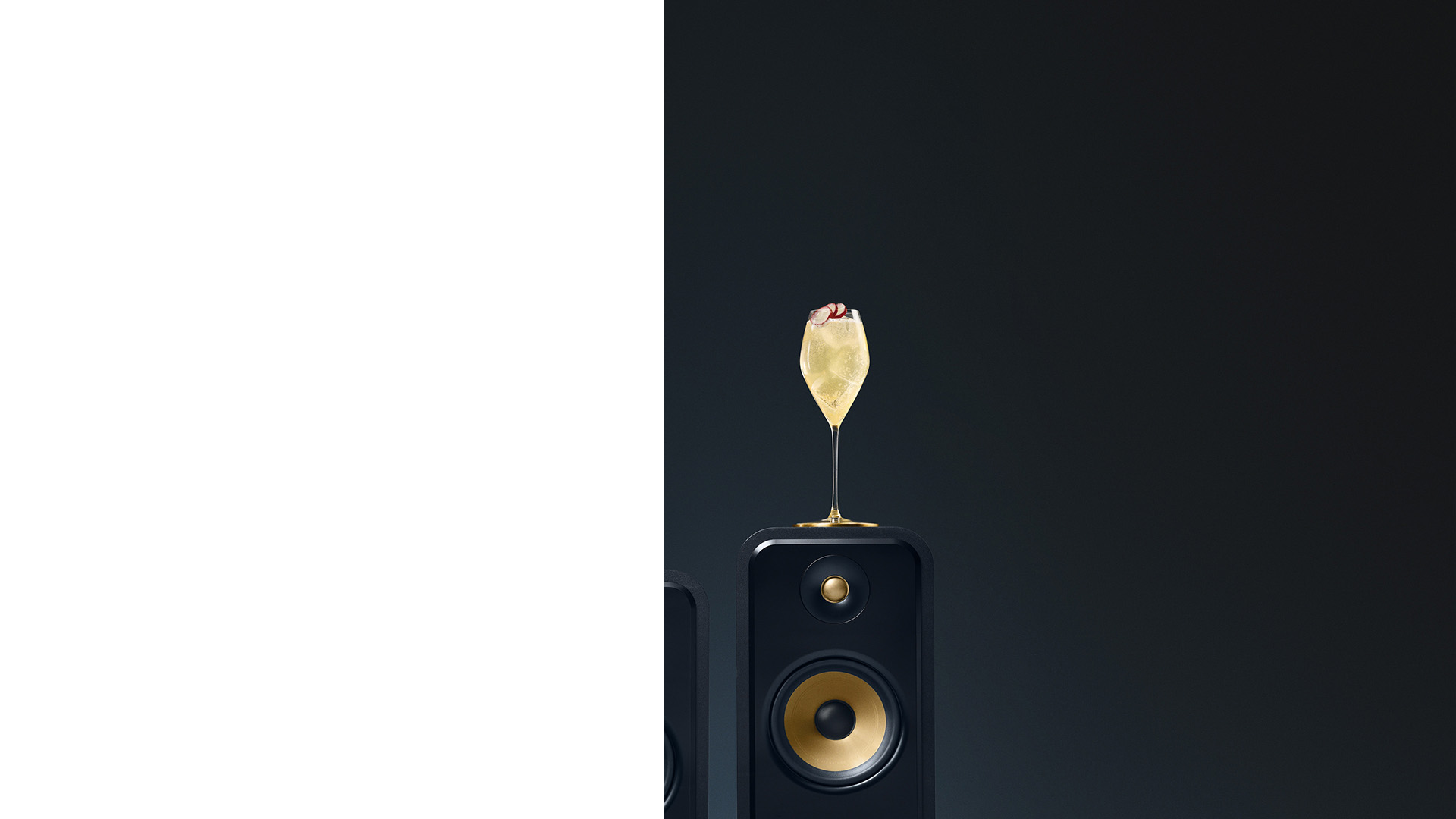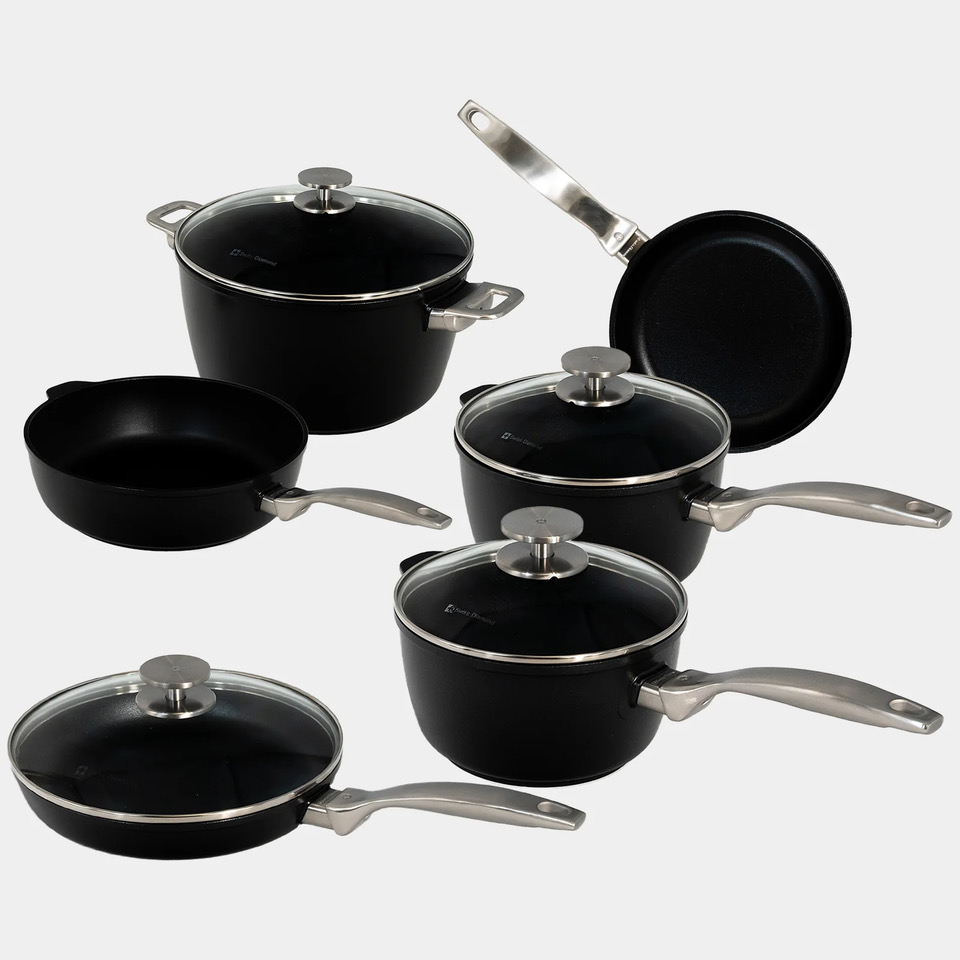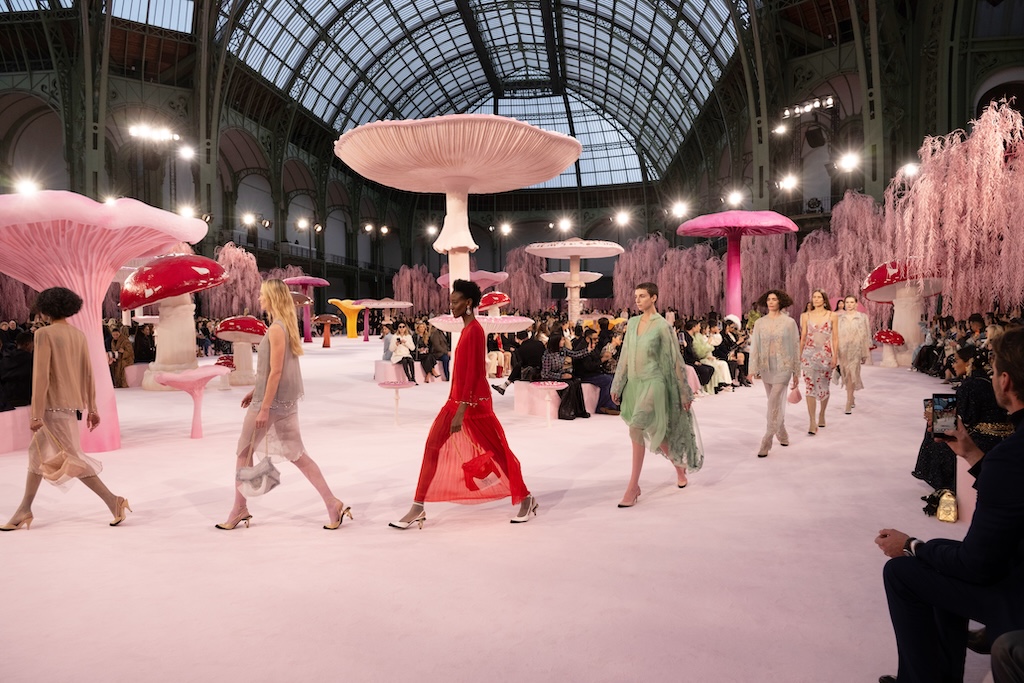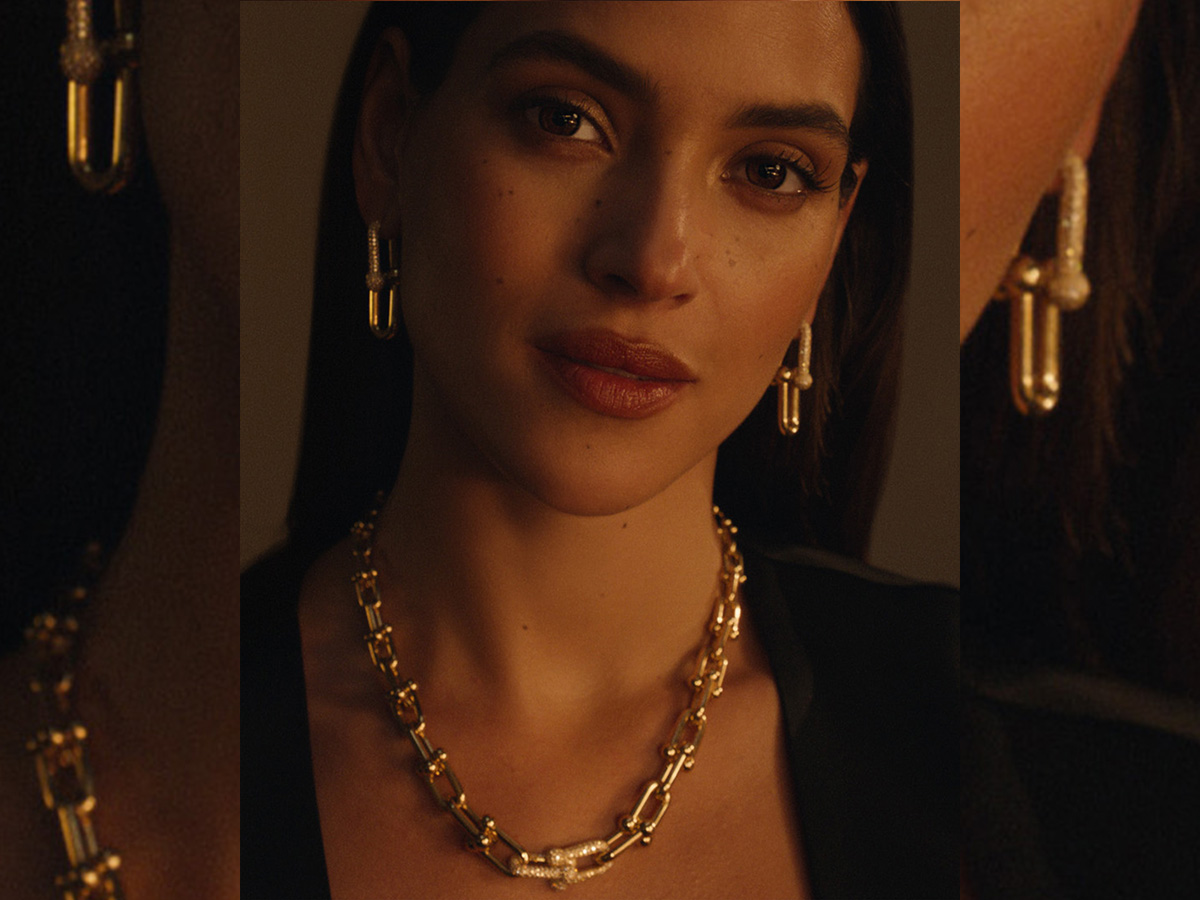Debra Messing on remaking Dirty Dancing and upcoming Will & Grace
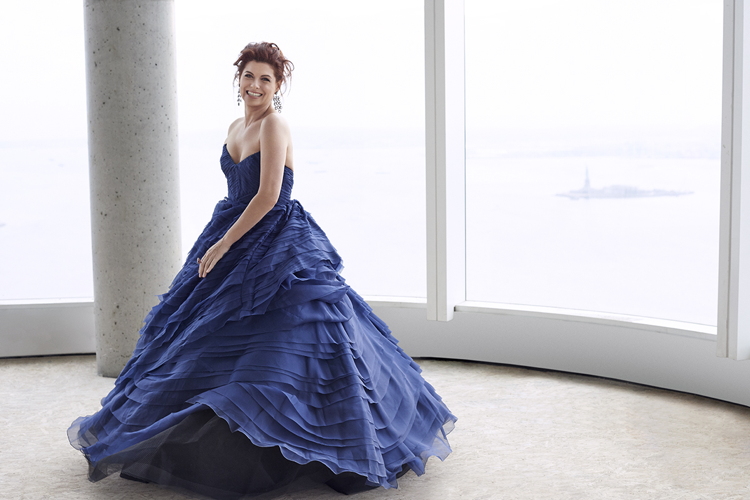
Debra Messing is having a very good year. She stars in the remake of Dirty Dancing, a musical airing May 24 on ABC, where she sings—for the rst time publicly since her grad school days at NYU—and dances under the direction of Hamilton’s Tony Award–winning choreographer, Andy Blankenbuehler. In August she heads out to L.A. to join colleagues Eric McCormack, Sean Hayes, and Megan Mullally for the much-buzzed-about reboot of Will and Grace. “We need the show now more than ever,” Messing told Haute Living. “Everything happening culturally now will be fodder for the comedy.” Here we talk to Messing about the challenges and joys of making a musical, her excitement over the revival of Will and Grace, and how New York will always be home.
When it was announced you would star in the remake of Dirty Dancing, you said the movie had special meaning for you. Why?
It was the lm that made me believe I actually might have a place in Hol- lywood. When I was growing up in Rhode Island, movie stars were perfec- tion. I saw the movie with my mom and remember sitting there thinking, “This actress has curly hair, an un-Hollywood nose, she is (portraying someone) awkward and sexually immature who was coming of age.” That was exactly the place I was in. I literally saw myself in the character of Baby (originally played by Jennifer Gray). I thought, You know what? There is a place for girls like us! It gave me the courage to go to college and major in acting.
What was it like remaking a film that had so greatly impacted you?
I became very emotional when I got to the set. In 30 or so years, every- thing had come full circle. It was a very special project for another reason. When my mother was a teenager, she was a singer. One day, when I was on set, I began looking through old records, and there was a Pat Boone album. At the height of his fame, Pat Boone had asked my mother’s group to be the opening act for his European tour. I felt by playing the part of Marjorie Houseman—I sing in the movie—I was being my mom. She passed two years ago, but I felt she was with me in some way.
Tell us about portraying Marjorie Houseman.
It’s a greater part than in the original movie, because the TV event is longer than the film, whichran about an hour and a half. They modernized the role a bit, and there’s a lot more about the family dynamics. You really get a sense of the state of the Housemans’ marriage and the troubles and tensions they are having when they go on summer vacation. This was never explored in the original, so it was really interesting to be able to peek behind the doors at a segment of their lives we didn’t have much information about in the original.
How much do you sing in the movie?
I have a solo, which was terrifying and liberating! When I was a grad student at NYU, I took singing very seriously and loved it, but haven’t sung publicly since. This was a personal dare. I worked with a singing teacher in New York and ended up feeling incredibly proud of myself a er I completed the part. I think the opportunities that scare you are the ones you need to do most Luckily most of the singing was done prior to production—I went into the studio and laid down tracks, and when we got to the set, we lip-synched. All the songs and dancing from the original Dirty Dancing are there.
A musical has different performance dimensions, obviously, than a comedy or mystery series. What was it like to add not only singing but also dancing to a featured role?
The work is multitiered in a musical, involving different skill sets. I had to learn the tango and some stylized dancing, which was incredibly fun. I was a dancer when I was young, so it was great getting back into the studio and working with professional choreographers. But (dancing for a part) is a full- time job, in addition to preparing the acting work you are doing.
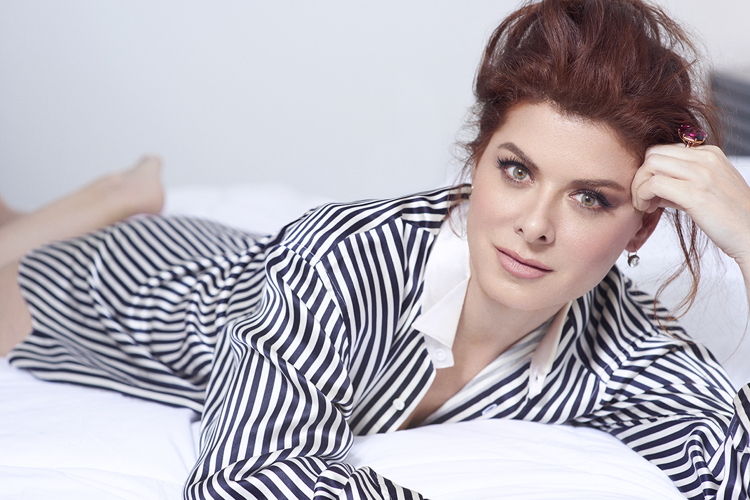
Do you ever see yourself in a musical on Broadway?
I never say never. The experience with Dirty Dancing was so spectacular that I would love to do another TV event or a movie that’s a musical. I don’t know whether I have the guts to commit to a Broadway show where you have to perform eight times a week. It really requires you to take care of your voice. Literally, it’s a daily thing. (You need to check) how is my voice? Is it strained? Am I getting a cold? I’m kind of neurotic as it is, so if I were to star in a Broadway musical, I think I would be one of those crazy people who goes around New York with seven scarves to keep my vocal chords warm. I think I would be impossible to deal with dur- ing the run of the show.
What amazing news that Will and Grace will return to NBC this fall a er an 11-year hiatus. How did that come about?
Last year, the four of us (Messing plus former cast members Eric Mc- Cormack, Sean Hayes, and Megan Mullally) did a nine-minute skit for the election, and it got such a huge response (over 7 million views on YouTube). At the time, no one was thinking beyond this—we just wanted to get people to go out and vote.
Was the election video the first time since the finale of Will and Grace that the full cast had come together?
We hadn’t been in the same room for 10 years—one of us was always off working somewhere. It was incredible and very emotional to walk on that set—every prop was still there. The original crew—the costumer, hair, and makeup—came back too.
When does filming begin for the new series and how many episodes will there be?
We start in August. A TV series generally runs from six to 13 episodes. When we all got together to discuss the circumstances of doing a revival, we felt 10 was the perfect number. My life is in New York. I have a 12-year-old son, so it is a big deal for me to go to L.A. to lm. Practi- cally, I couldn’t do more than 10.
What will be similar or different from the original Will and Grace?
Once we realized that (a new series) could actually happen, the original writers Max (Mutchnick) and Dave (Kohan) had some strong ideas about how they would bring these four back and where they would be in their lives. What I know—and I don’t have a lot of info—is that (the writing) is dead on and very exciting. They are keeping a lot from us, probably by design, because they don’t want the plot to be revealed. I trust the writers implicitly.
Will Grace Adler change?
No!
Were you surprised at the success of Will and Grace?
It was astonishing to all of us. When we created the pilot, we all knew it was an incredibly risky thing we were doing. Ellen had come out on her show and it was canceled. Most of us thought we would be canceled a er the third episode. But we also knew the writing was really special, and the chemistry among the actors was unique—that’s something you can’t force. We all came from the theater and had a similar language and vocabulary. We also had James Burrows (the famous television director known for such hits as Cheers and Frasier). All the elements were there, but you couldn’t know what was going to happen.
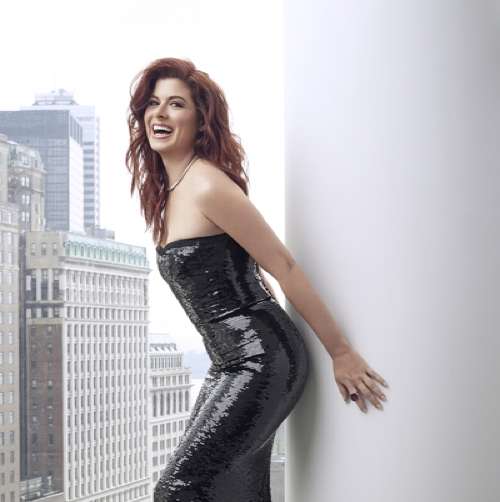
When did you feel the series would make it?
After the first season and a half, it really exploded. That’s when we sort of owned it and said, “This is the show we’re making. You don’t have to watch it, but we love it.” Then it became clear the show had social import, political import. But that was never the intention when it was written. Our job and main focus was to make people laugh and think. We reached hearts and minds because the show didn’t have an agenda. We received letters from people all over the world saying, “I wish I had a Grace in my life,” or “I came out, and there were strains in my family, but now my mom and I sit together and watch the show. Every week we laugh together and it gets easier and easier. When we started getting that sort of reaction, the show became something else.
It’s always tricky trying to revive something that was a hit. How do you think Will and Grace will fare in 2017?
We need the show now more than ever. It was unique in how it cast light on issues in our culture that needed mending or strengthening. It gave voice to the LGBT community. We still have a ways to go. My hope is that we will continue the message about the importance of inclusivity while making everyone laugh. Everything happening culturally now will be fodder for the comedy.
You’ve achieved a lot professionally. What’s le on your must-do list?
I’d like to return to Broadway. I started out in the theater—that’s always been my rst love. When I walked onstage (professionally) for the first time, I started crying, because it was my ultimate dream as a child. I’d love to do a really crazy, silly, over-the-top feature lm. That’s a hole in my creative life that needs lling!
How do you decide which projects to take on?
I’ve never worked for work’s sake even when I should have, when I was right out of grad school. I wouldn’t take a job unless I was passionate about a script and felt I could bring something substantial to the project. That’s been my guiding principle. I check in with myself a er every project and say, “OK, where am I now, what am I hungry for creatively?” I can’t say I want to do a play in a year—I have to take it as it comes. I’m kind of super- stitious in thinking how things come to you for a reason because you need to experience them. I do want to work with the best in the business—the greatest directors, the most gi ed artists—because every time you work with people, you learn. At heart, I’m a perpetual student.
Specifically who are the people you’d like to work with?
Meryl Streep. I mean come on, right? Viola Davis. She and I know each other from when we rst got out of school—I was at NYU; she was at Juilliard. Viola is a beast of a talent. I’d like to work with directors Alejandro Iñárritu (Birdman, The Revenant), Damien Chazelle (La La Land), Theodore Mel (Hidden Figures), and Barry Jenkins (Moon- light). It’s pretty safe to say that it would be a special experience to work with and learn from them.
What other projects do you have in the works?
I’m developing a new TV show, something different from what I’ve done before. I just nished a micro-indie lm called Search. It was fantastic and innovative. Most of it was done on a screen through a computer or FaceTime. It challenged me in a way I’ve never been challenged before.
Do you see yourself creating a production company one day, as Reese Witherspoon and Nicole Kidman have done, to produce the kinds of projects you want?
Yes, although I haven’t officially done it. I love to read, and there have been books I’ve put aside that I think would make interesting films. The projects don’t have to be for me. I love executive-producing, so I see creating a production company as a more formal thing in the future.
If you could have given advice to your twentysomething self, what would it be? I would have told myself, “It’s gonna be OK. There is no race. You are an artist; follow your instincts. You are beautiful as you are.” Those would be the key things.
How do you define success?
I feel I am a success when I can maintain a balance between family and work and am able to do something to make the world better in terms of philanthropy, like what I am trying to do to eradicate HIV/AIDS. That’s my trifecta for a successful life. I’m a mother and that’s my priority above everything else. When I have the opportunity to do what I love, which is acting—it feeds me in a singular way. Success is working with people whom I admire and respect in an environment that is collaborative, with a work ethic that everybody shares, and being able to feel, at the end of the day, that I did the work I wanted to do. If I walk away feeling like I have grown, that for me is success. It doesn’t matter whether the work is nominated for an award or someone says it was good or bad.
How often do you travel for your charity work on behalf of PSI, for which you are a global health ambassador?
The focus of my work for Population Services International (PSI), a global health organization, is HIV/AIDS. Generally I make a big trip to coincide with a new scientific innovation about every two years. I went to Zimbabwe for a voluntary male circumcision initiative, which reduces the transmission of HIV in heterosexual couples by 60 percent. I recently traveled to Malawi for the introduction of an at- home HIV test. These trips are about problem solving, because you can’t address the issues from a Western point of view. You have to go into a culture and understand the dynamics within it and strategize based on that information. Then I come home and can bear witness. I testify ontheHill in D.C.I go to panels at theUN.I try to be the voice, the storyteller. It’s my soul work—why I think I was put on this earth.
Why did you choose to live in New York rather than in L.A.?
It may be a cliché to say, but New York is where my heart is. I’ve lived on both coasts, but I don’t think you can love both cities; I think you can appreciate both cities. New York is a meaningful place for me. I came here to get my masters degree at NYU at a time in my life when everything was so pure. All I wanted to do was submerge myself in learning the cra . It was a very idealistic and optimistic time. There was a romance to the city, of being an actor here. When I go to the theater now, which is all the time, it means more than I can say that I am part of the Broadway community. It was my rst dream to be part of that community.
Can you live a normal life in New York? Are you recognized a lot?
It really depends. I will never get my anonymity back. I can’t walk through Times Square, and when I go to Broadway shows, it’s an issue. But the people in those theaters are used to helping out—so you go out different exits. In winter, when I have a hat on, a scarf wrapped around my face, and you can’t see the color of my hair, I can walk anywhere. But the thing I love about New York is that I feel I’m part of humanity here. In L.A., everyone is in the same business. Here, you can’t go on a subway or walk the streets without bumping into people who are of a different race, religion, or socioeconomic level. It makes me feel small in a way that feels healthy. For me and for my son, New York just feels right for us.


